
Reuters chose to illustrate the impact of Trump’s halt on US foreign assistance by focusing on Hungarian opposition media—effectively admitting that these outlets are dependent on such funding, thereby undermining their claims of independence. The article takes readers inside the editorial room of Átlátszó, which is now struggling to secure new donors following the shutdown of USAID funding.
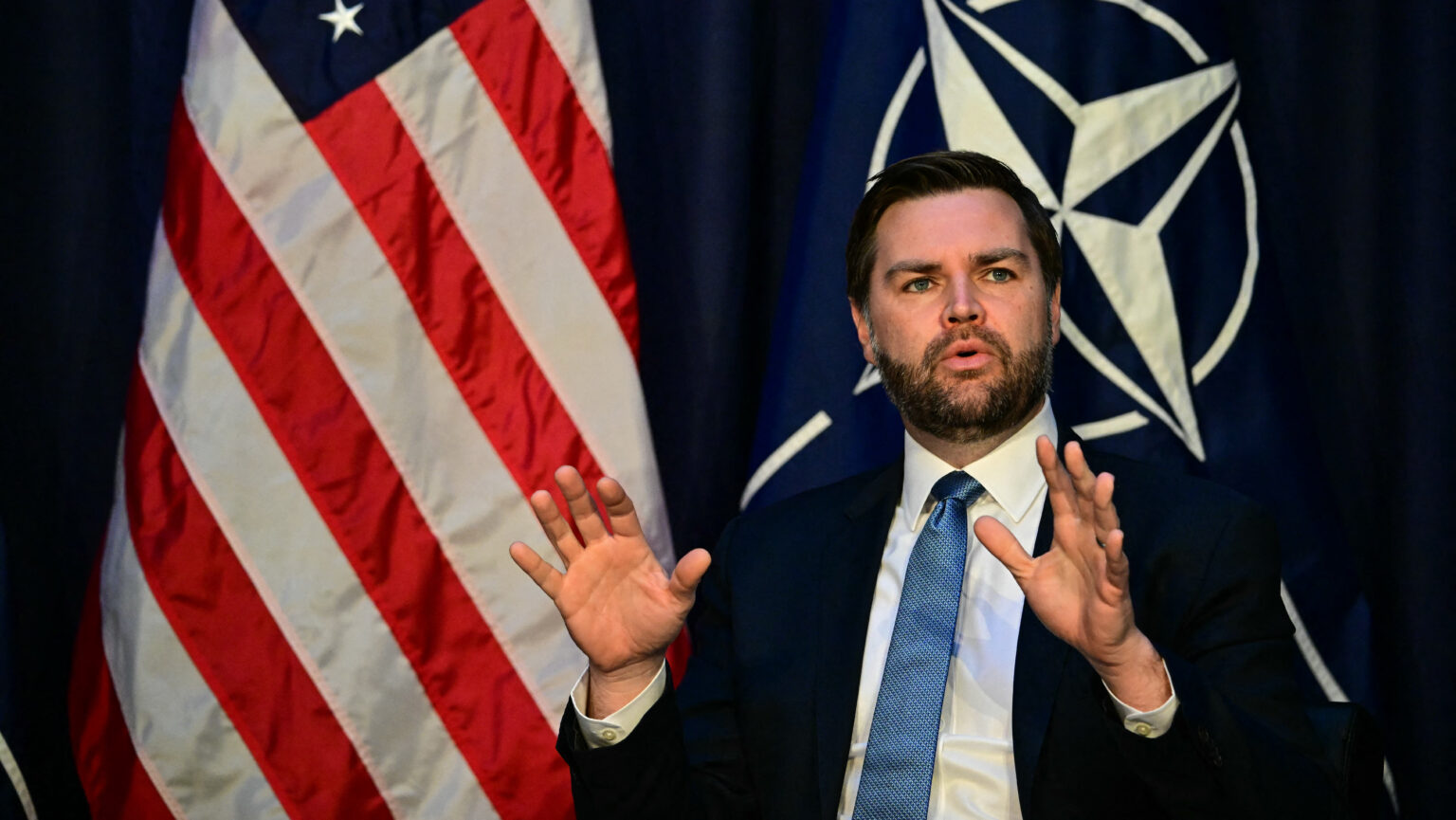
Arriving in Germany for the Munich Security Conference, US Vice President JD Vance criticized European mainstream parties for marginalizing right-wing forces such as Germany’s Alternative für Deutschland, arguing that this undermines democracy and freedom of speech. His remarks came just days after Hungarian Prime Minister Viktor Orbán hosted AfD co-chair Alice Weidel in Budapest for a historic meeting.

The sign of life the family received from Hungarian Israeli Omri Miran may have been a ray of hope to hold on to; nevertheless, Hamas’ threat has brought the ceasefire to the brink of collapse.
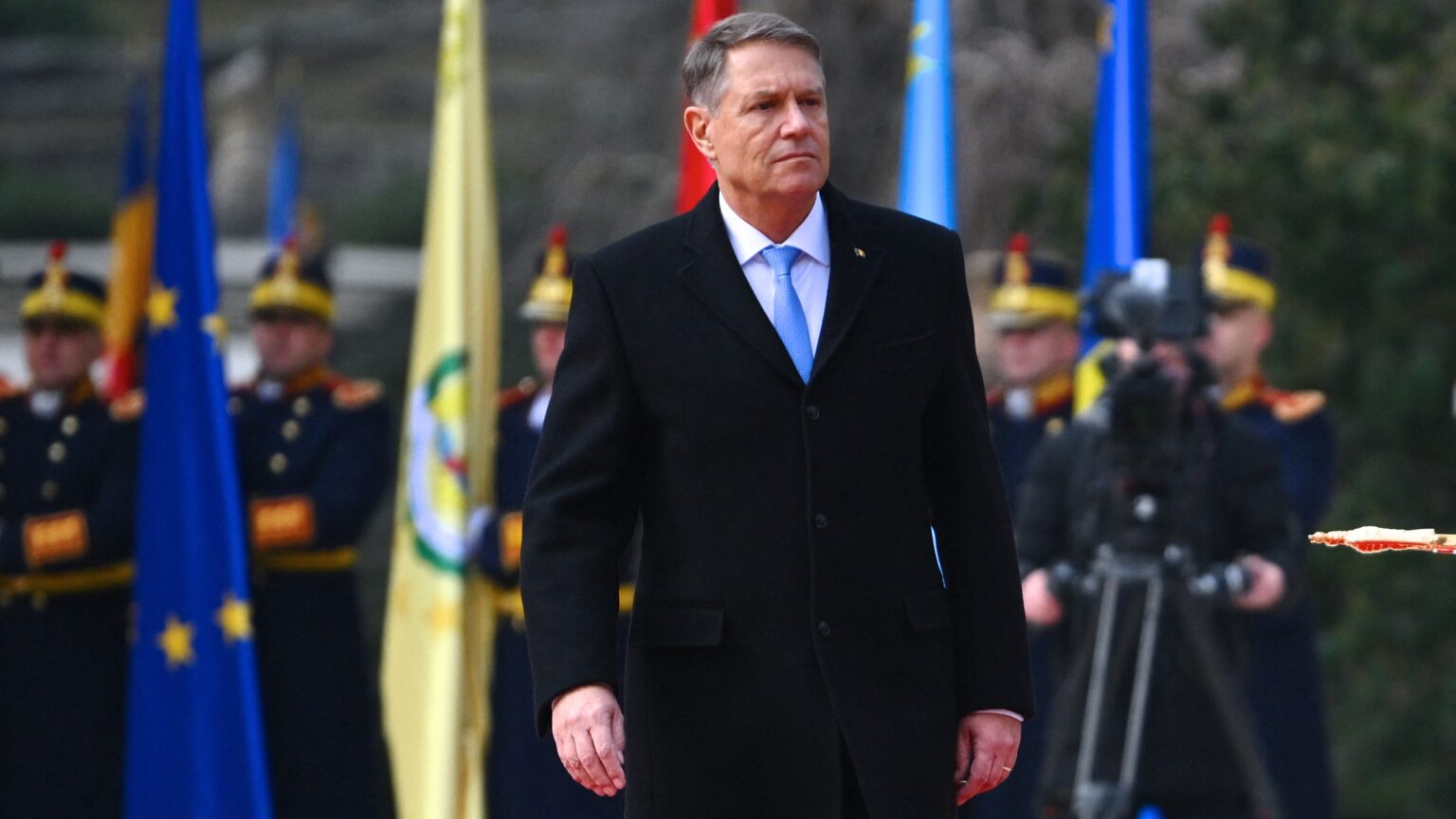
Earlier this week Romanian President Klaus Iohannis resigned from his post following mounting pressure from the parliament pursuing an impeachment process against him. The controversy was sparked by the Romanian constitutional court’s decision last year to cancel the Romanian presidential elections and—as no new president was elected—lengthen Klaus Iohannis’ term in office.
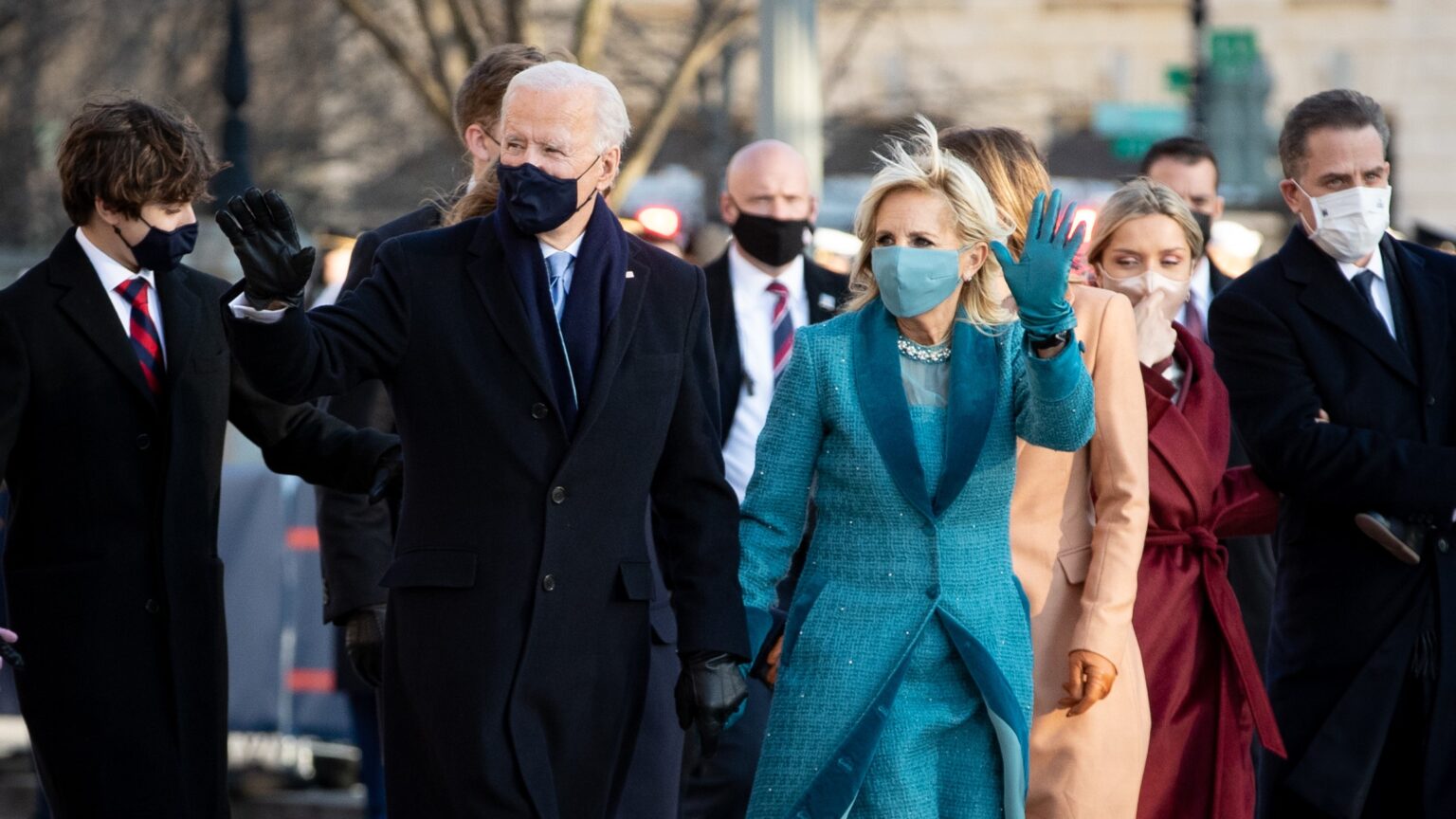
Only 39 per cent of Americans have a favourable view of President Joe Biden, while 57 per cent have an unfavourable view of him, according to a new poll by Gallup. His net favourability rating of negative 28 points is by far the worst among the five living Presidents, a whopping 26 points below the second least popular of them, Donald Trump.
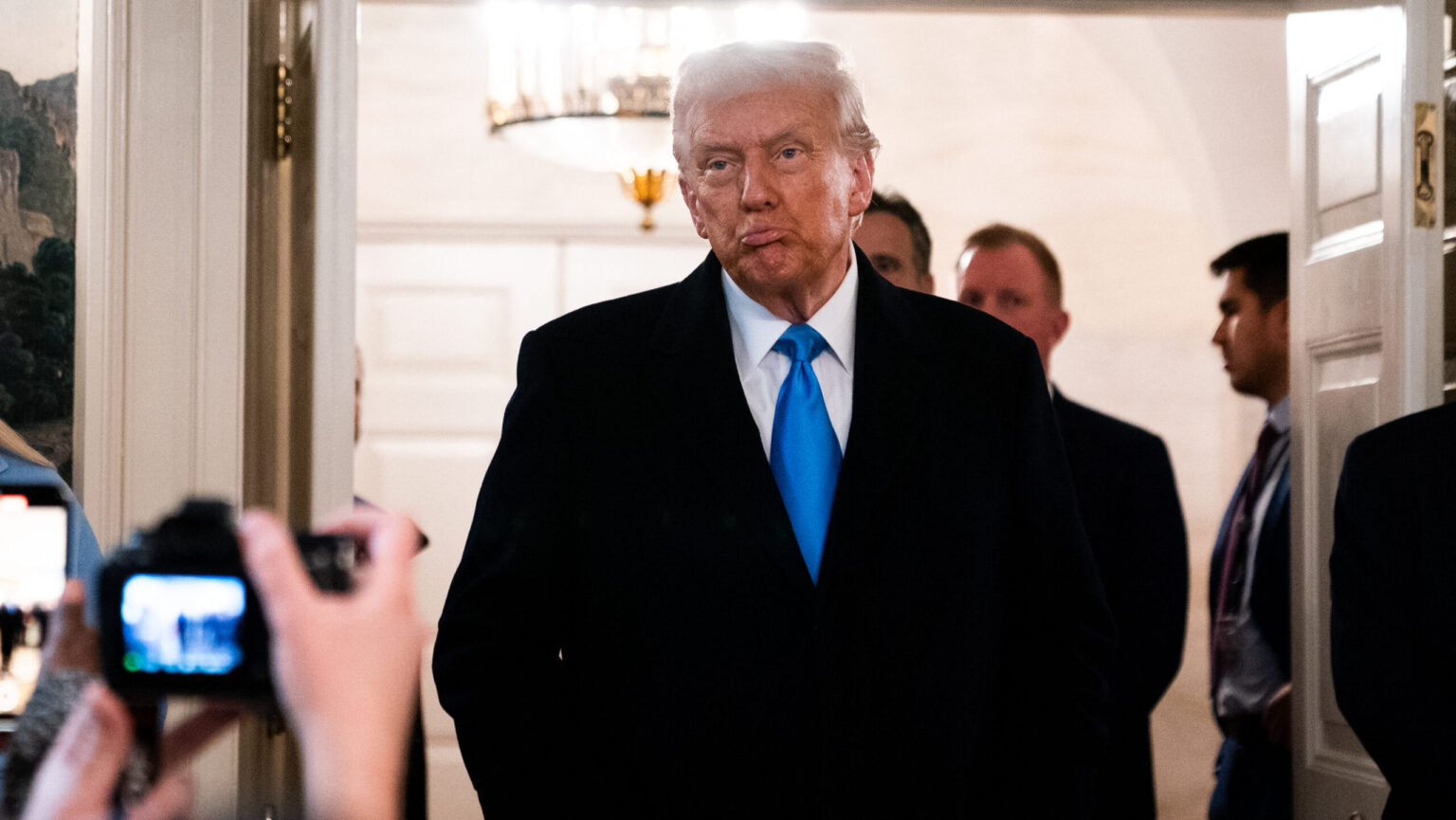
After speaking with both Vladimir Putin and Volodymyr Zelenskyy, Donald Trump announced that negotiations to end the war in Ukraine would begin ‘immediately’. Meanwhile, Pentagon chief Peter Hegseth informed NATO defence ministers that the US is gradually withdrawing from Europe. These two announcements left EU leaders in shock and despair—but in reality, they present a historic opportunity for the continent.
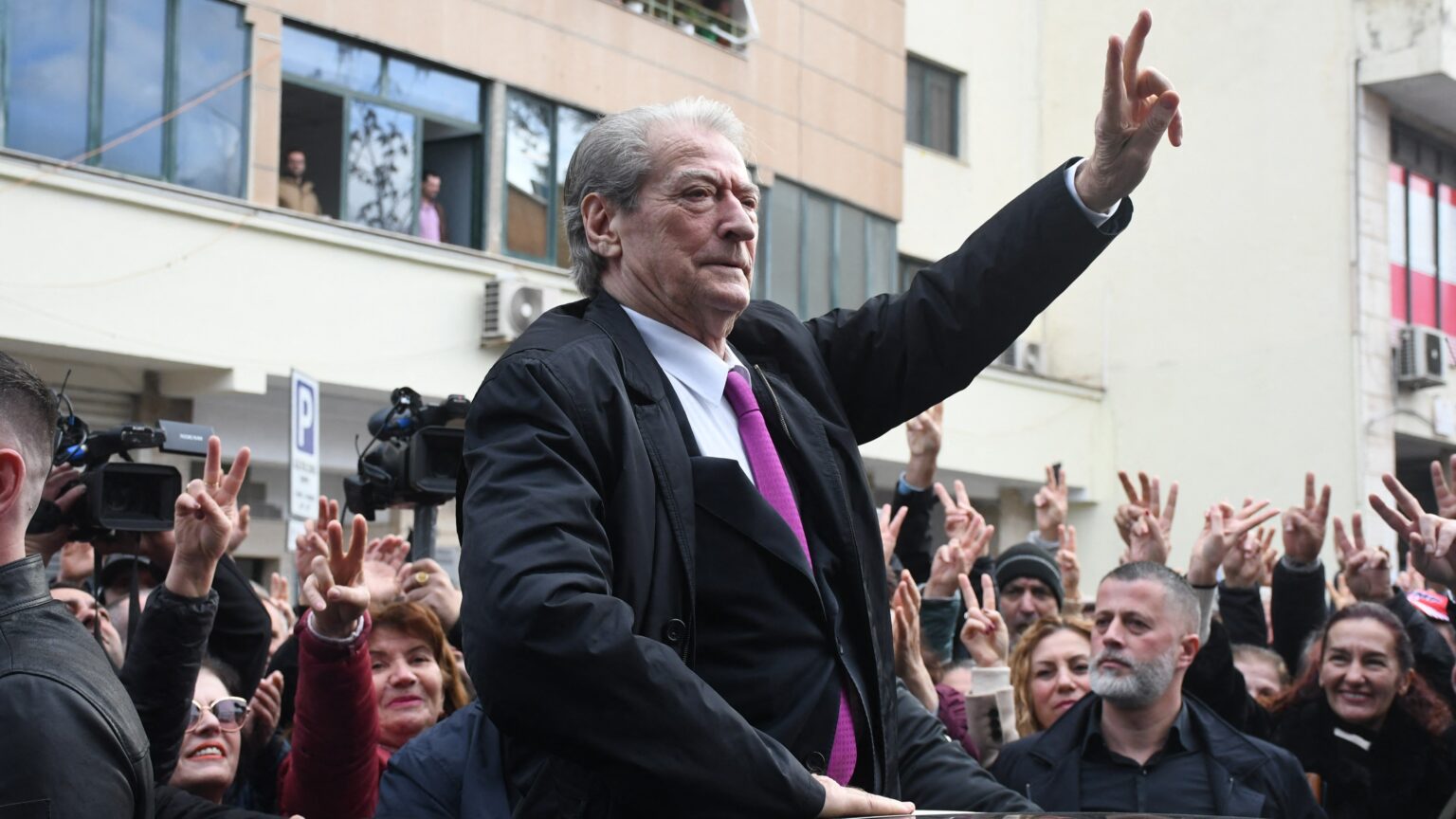
‘The Supreme Court has stated that, on average, it now takes 15 years for a citizen to have their case heard, a stark increase from 1.5 years before the reform. Despite billions spent by European and American taxpayers, not only have the metrics worsened, but Albanian citizens are now receiving less justice.’
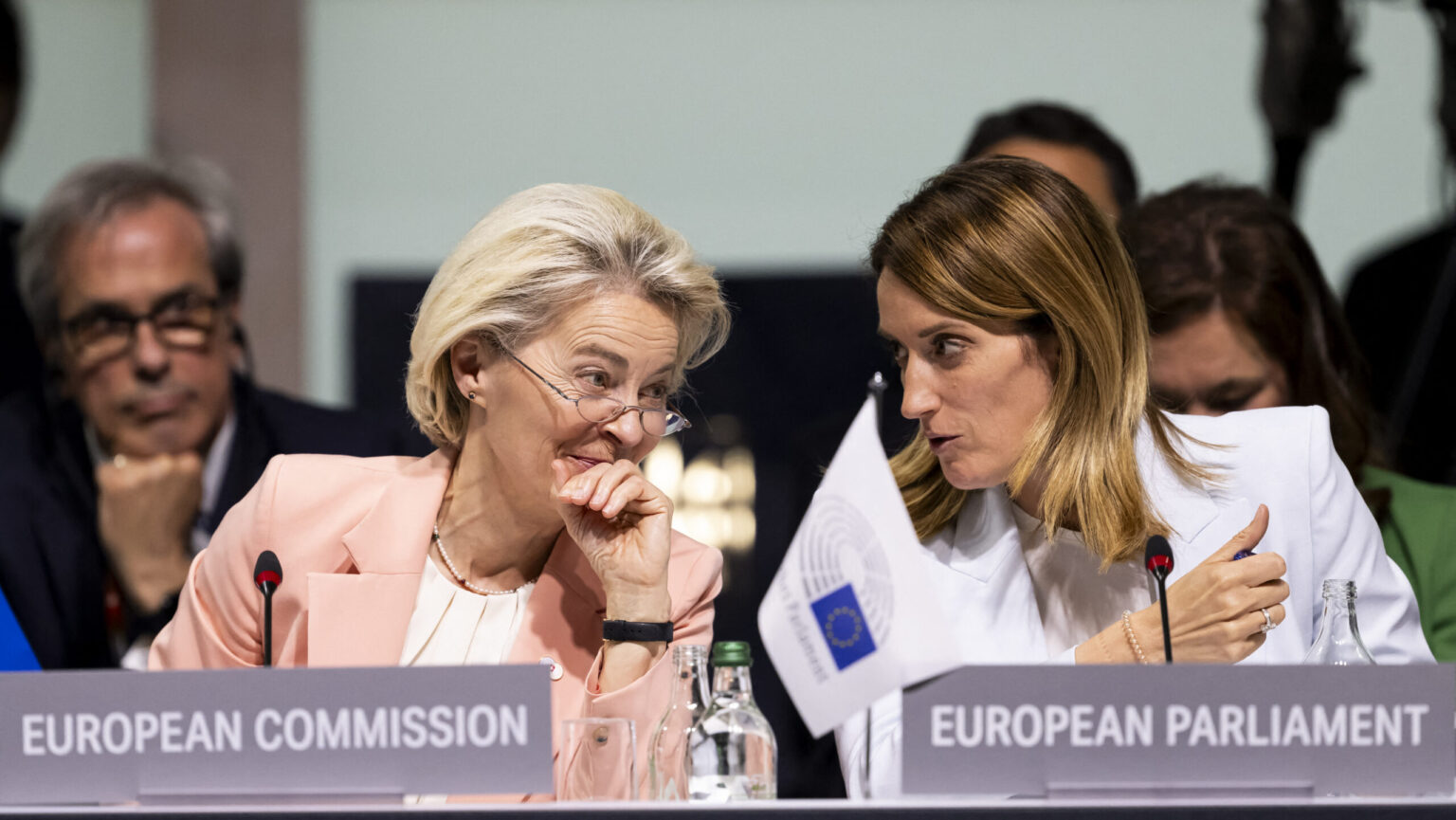
Roberta Metsola and Ursula von der Leyen are at the centre of a growing scandal involving undisclosed EU millions channelled to pro-EU media to shape the narrative ahead of the 2024 European elections. The case bears striking similarities to the USAID controversy and further erodes public trust in institutions and the media.
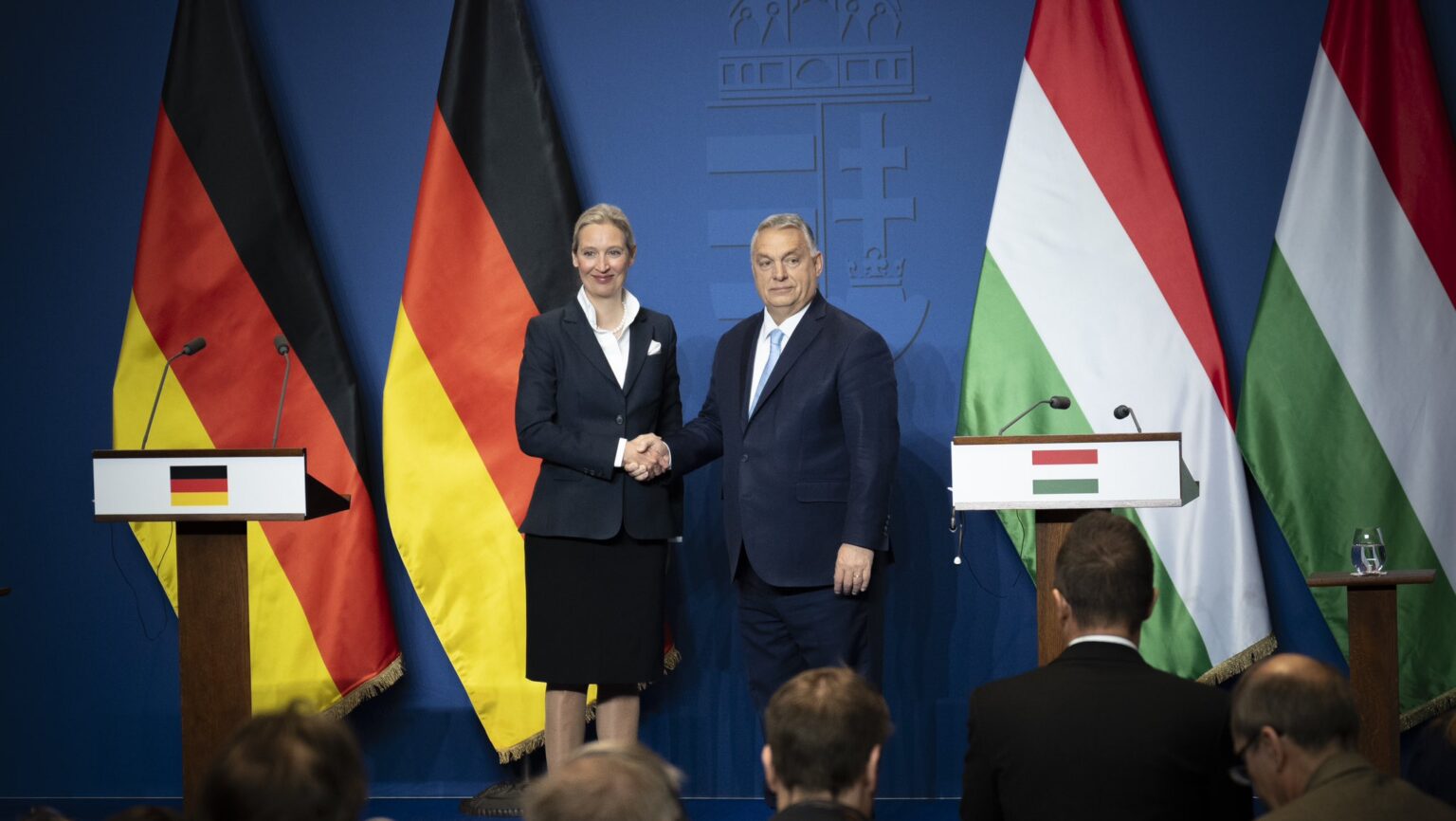
Viktor Orbán hosted Alice Weidel, co-chair of the German right-wing party Alternative für Deutschland (AfD), in Budapest on Tuesday, becoming the first sitting prime minister to officially receive one of the party’s leaders. While the two addressed key challenges facing Europe, progressives—both online and in person—protested the meeting, labelling Orbán and Weidel as fascists.
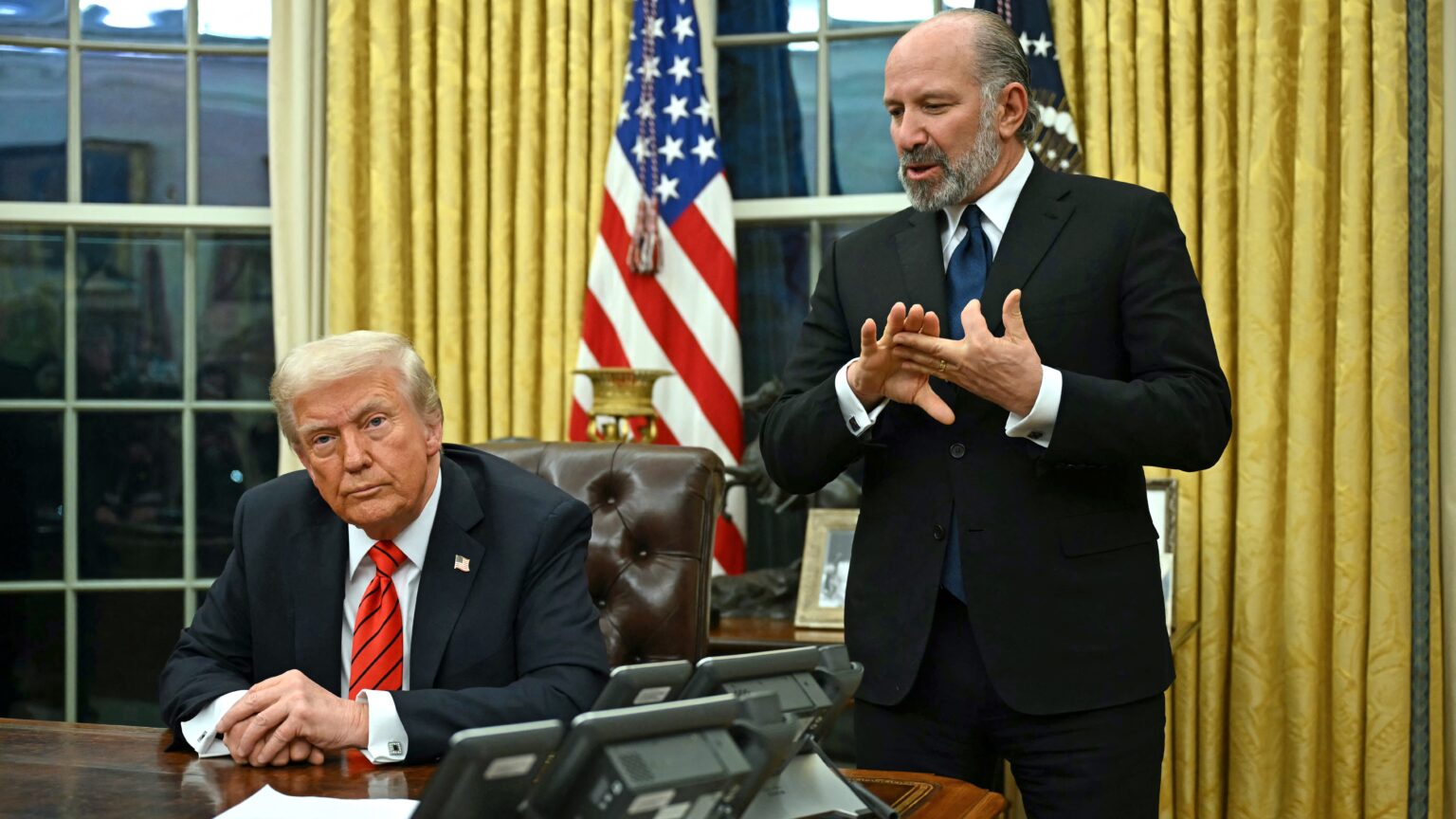
‘Trump’s actions, like them or not, can be seen as an application of a highly contested “unitary executive theory”—an expansive interpretation of presidential power that aims to centralize greater control over the government in the White House. Trump’s measures, however, reflect the constitutional philosophy of the Founding Father who effectively created the American system, Alexander Hamilton.’
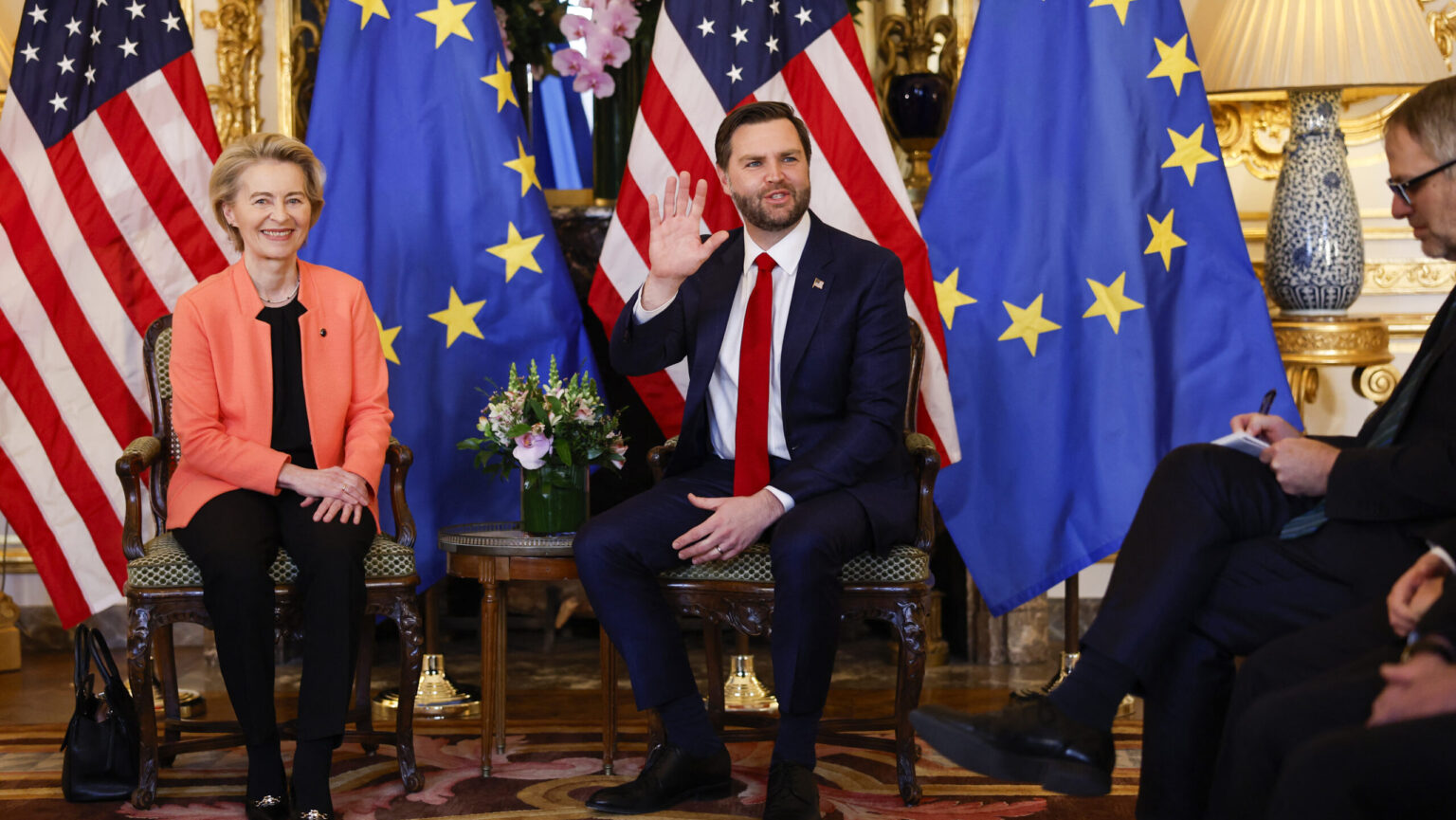
US president Donald Trump imposed 25 per cent tariffs on all steel and aluminium imports to the United States on Monday, a decision that will heavily impact the European Union’s economy. President of the European Commission Ursula von der Leyen promised proportionate countermeasures, signalling a broader trade war between Washington and Brussels in the near future.
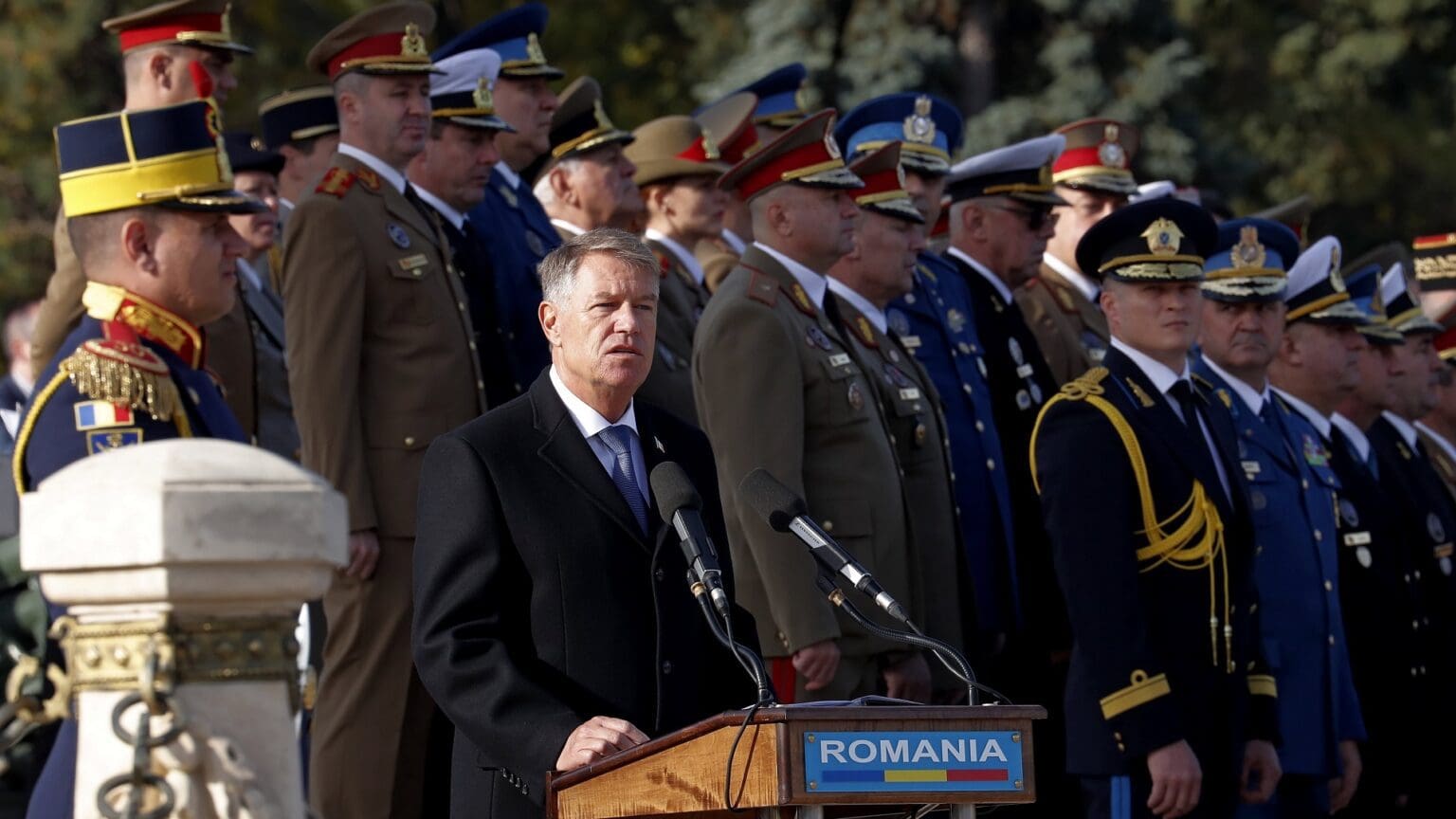
Romanian President Klaus Iohannis announced his resignation on Monday, which ended his mandate before the presidential elections. If the Parliament approves the date, presidential elections will be held again in Romania in early May.
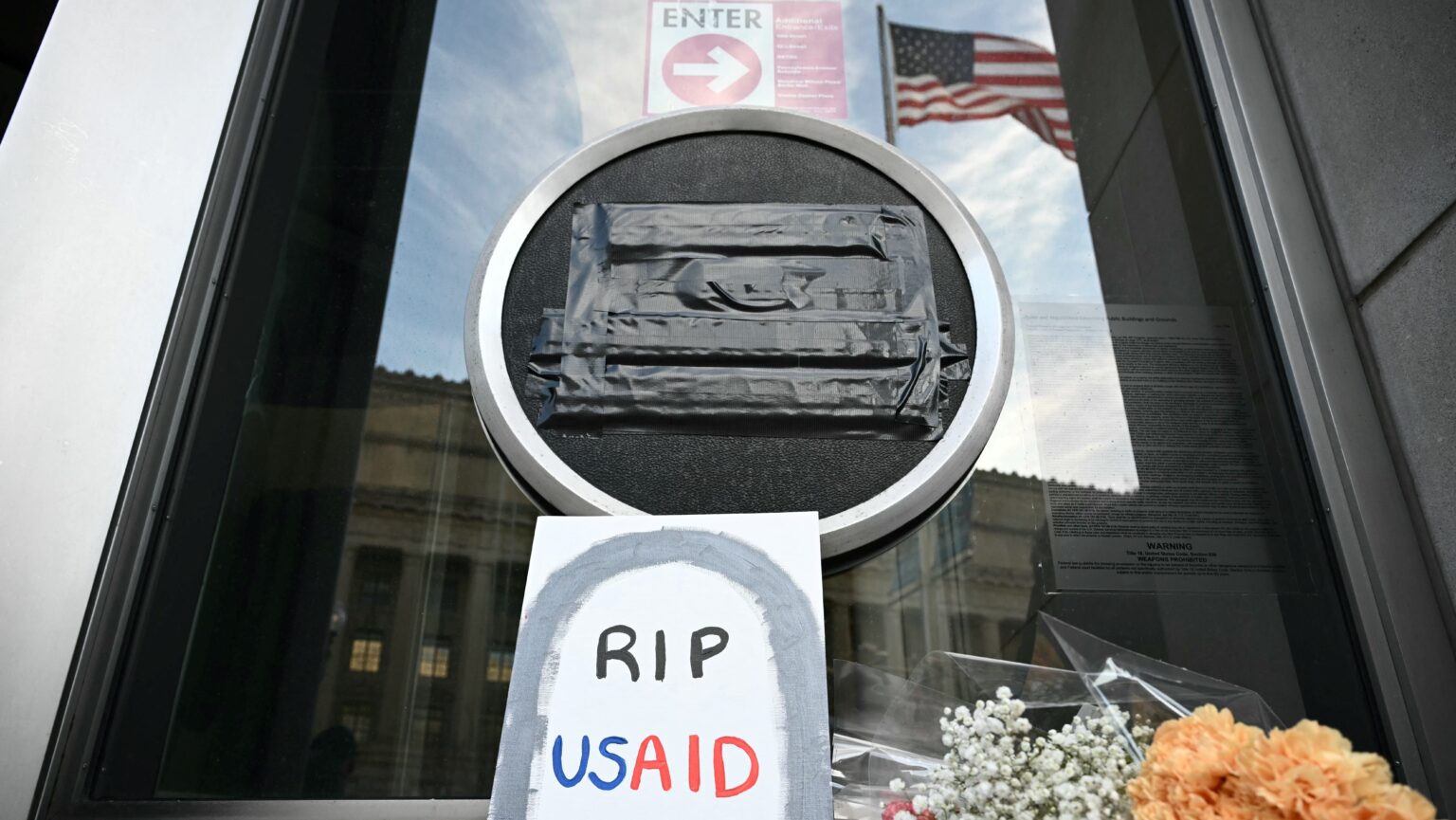
As Donald Trump has pulled the brakes on US foreign assistance—allocated through USAID to influence domestic affairs via media and NGOs in foreign countries, including Hungary—, the globalist elite has already devised a plan to maintain its network without the US agency. According to statements from progressive media and politicians, Brussels could step in to replace USAID, continuing to fund actors that discredit sovereign governments and undermine their legitimacy.

After Donald Trump’s withdrawal from the World Health Organization (WHO) and the imposition of US sanctions on officials of the International Criminal Court (ICC), the Hungarian government is considering reevaluating its relations with both institutions. Hungarian Prime Minister Viktor Orbán has long advocated for the dismantling of the outdated structures of the liberal world order, a process that is now accelerating under Trump’s second presidency.

While at least one reported Antifa attack took place in Budapest over the weekend, marking the second anniversary of the brutal assaults that occurred on the streets of the Hungarian capital in 2023, Ilaria Salis—one of the perpetrators, who has been hiding behind European Parliamentary immunity since the summer of 2024—continues to clash with Hungarian State Secretary Zoltán Kovács on X, falsely accusing Hungary of violating her fundamental rights during her custody in the country.

‘Yesterday, we were the heretics. Today, we are the mainstream. Once, we were dismissed as the past; today, we are the future,’ Hungarian prime minister Viktor Orbán declared in his speech at the Patriots for Europe (PfE) EP group’s summit in Madrid. Over the weekend the most prominent figures of the European right gathered in the Spanish capital under the banner ‘Make Europe Great Again’ (MEGA) to deliver a clear message to the Western mainstream: they are more than ready to take over Brussels.

‘Debates connected to the culture war, including even on such amorphous issues as the West’s slide into spiritual nihilism or the loss of its inner will, are directly relevant to international politics and even international security. Western strategic thinkers must take these issues into account just as analysts in Beijing or Moscow do. To do otherwise would be a potentially dangerous mistake.’
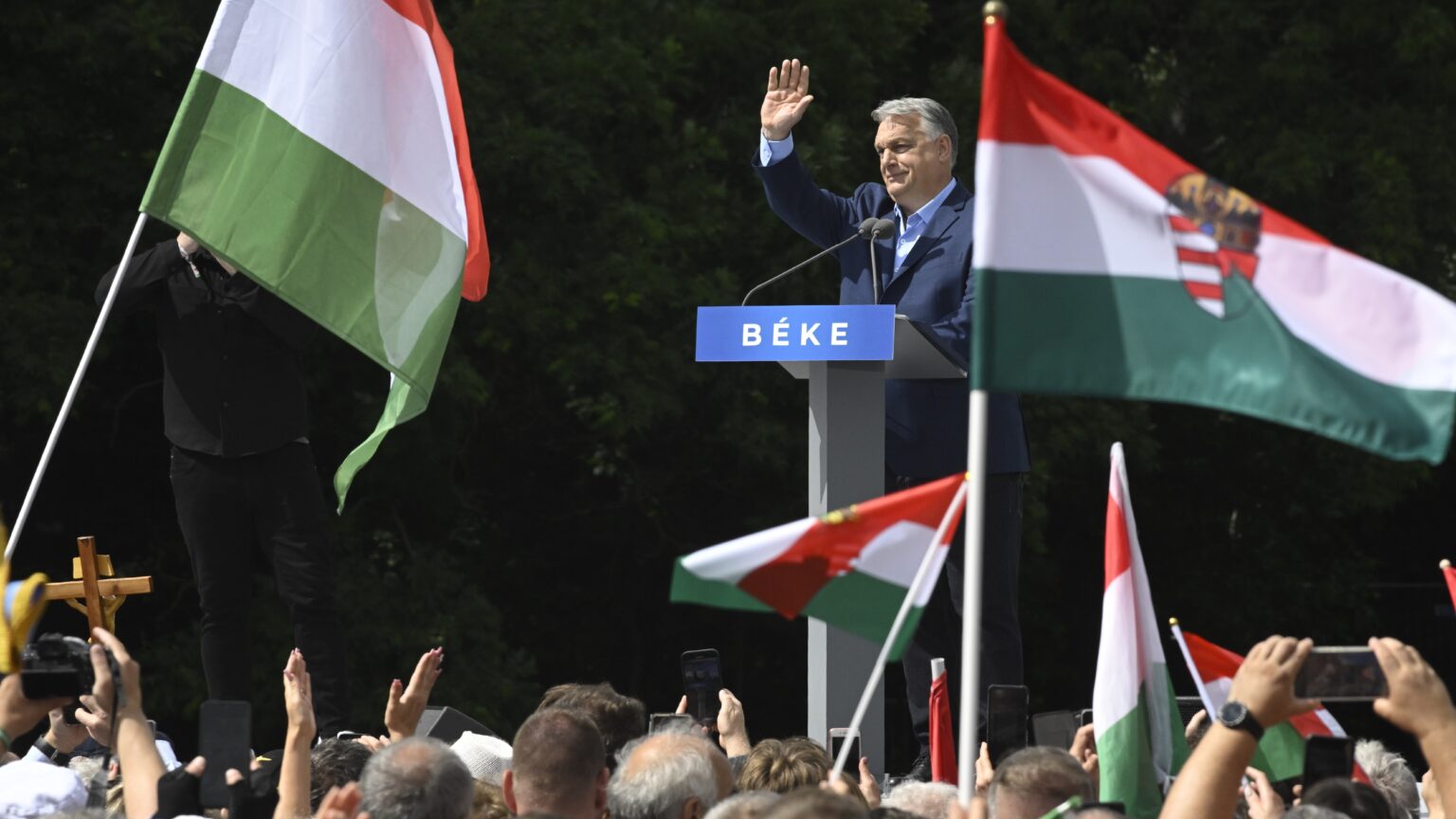
‘Hungary remains a major source of electricity and fuel for Ukraine and has carried out its largest humanitarian operation to date, hosting around one million Ukrainian refugees. Furthermore, the Prime Minister himself has stated that it is in Hungary’s utmost interest to always have a viable Ukraine between Hungary and Russia…’
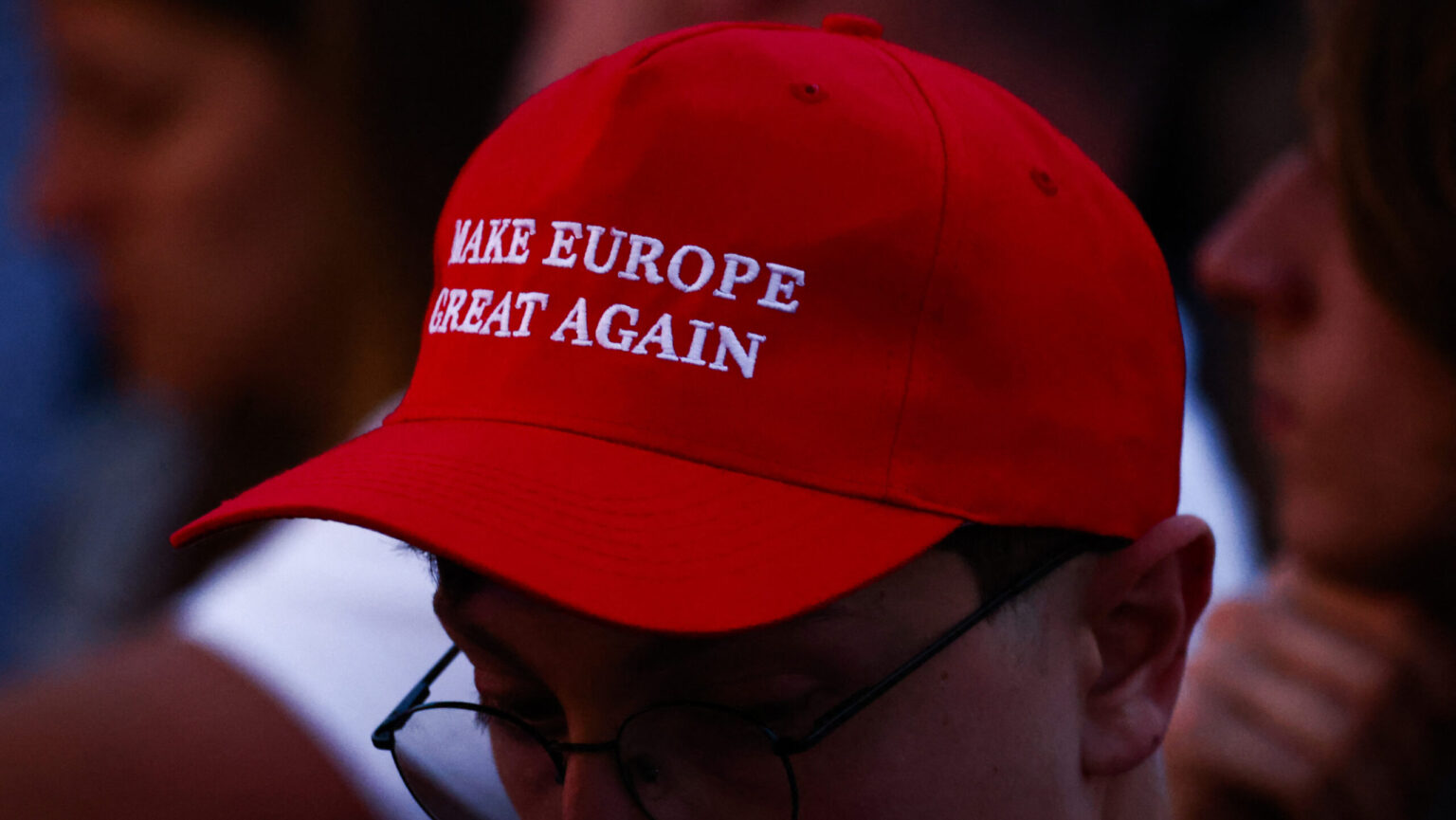
‘Across the Atlantic, MAGA eagerly awaits the rise of MEGA, seeing in the European right a responsible and reasonable partner—unlike those who have cooperated with and been funded by the globalist elite. There will likely never be a better moment for MEGA to emerge.’
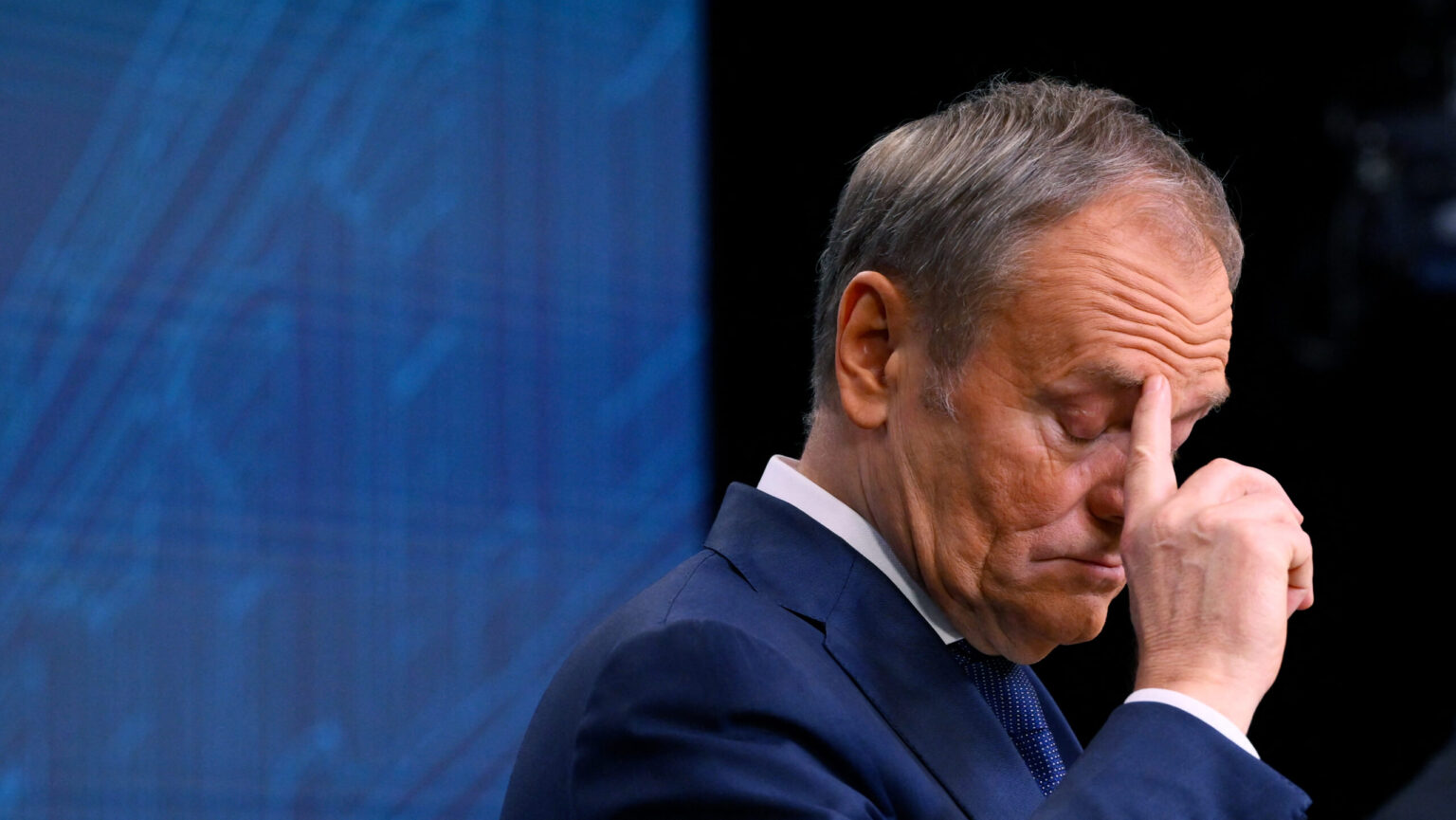
Poland’s Constitutional Court has initiated legal proceedings against PM Donald Tusk and his associates, accusing them of attempting a coup d’état by using executive power to undermine the judiciary, dismantle opposition media, and suppress political opponents. The announcement comes amid the presidential campaign, ahead of one of the most pivotal elections in May—one that will not only determine Poland’s future but also have far-reaching consequences for Europe.
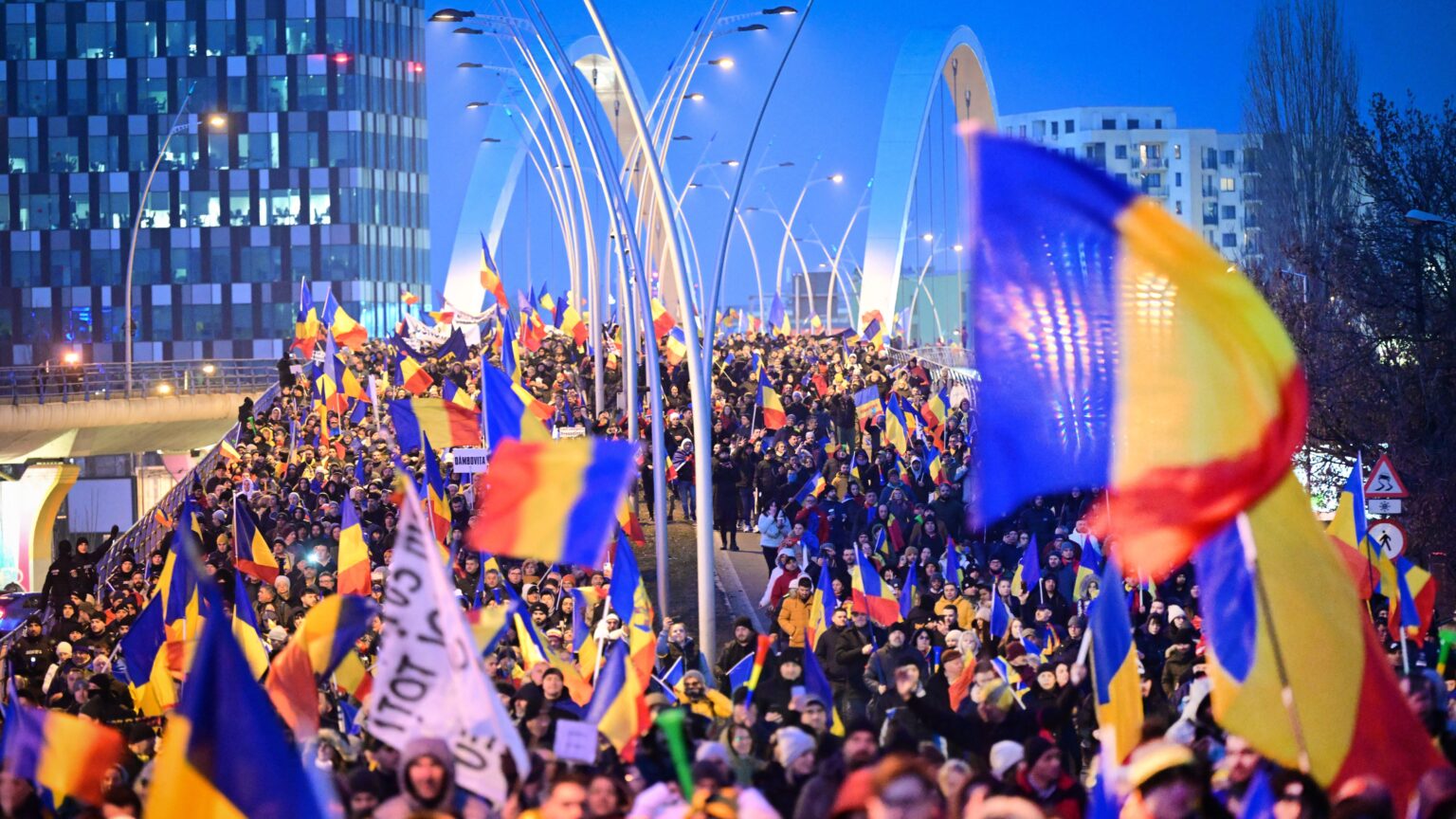
‘Socialists and liberals are afraid of losing power, and for some time now they have been blaming political opponents for influencing electoral processes or government agendas through external forces. This is indeed what has happened: but it is not the conservatives who have to be blamed; it is the leftists themselves who claim to be acting in the name of a “greater good”.’

In an interview with Fox News, Hungarian Minister for Foreign Affairs and Trade Péter Szijjártó cautioned against underestimating US President Donald Trump’s dealmaking skills concerning the recently announced Gaza plan. Szijjártó drew a parallel to the skepticism that initially surrounded the Abraham Accords, which nonetheless succeeded in bringing a new dimension to life in the Middle East.
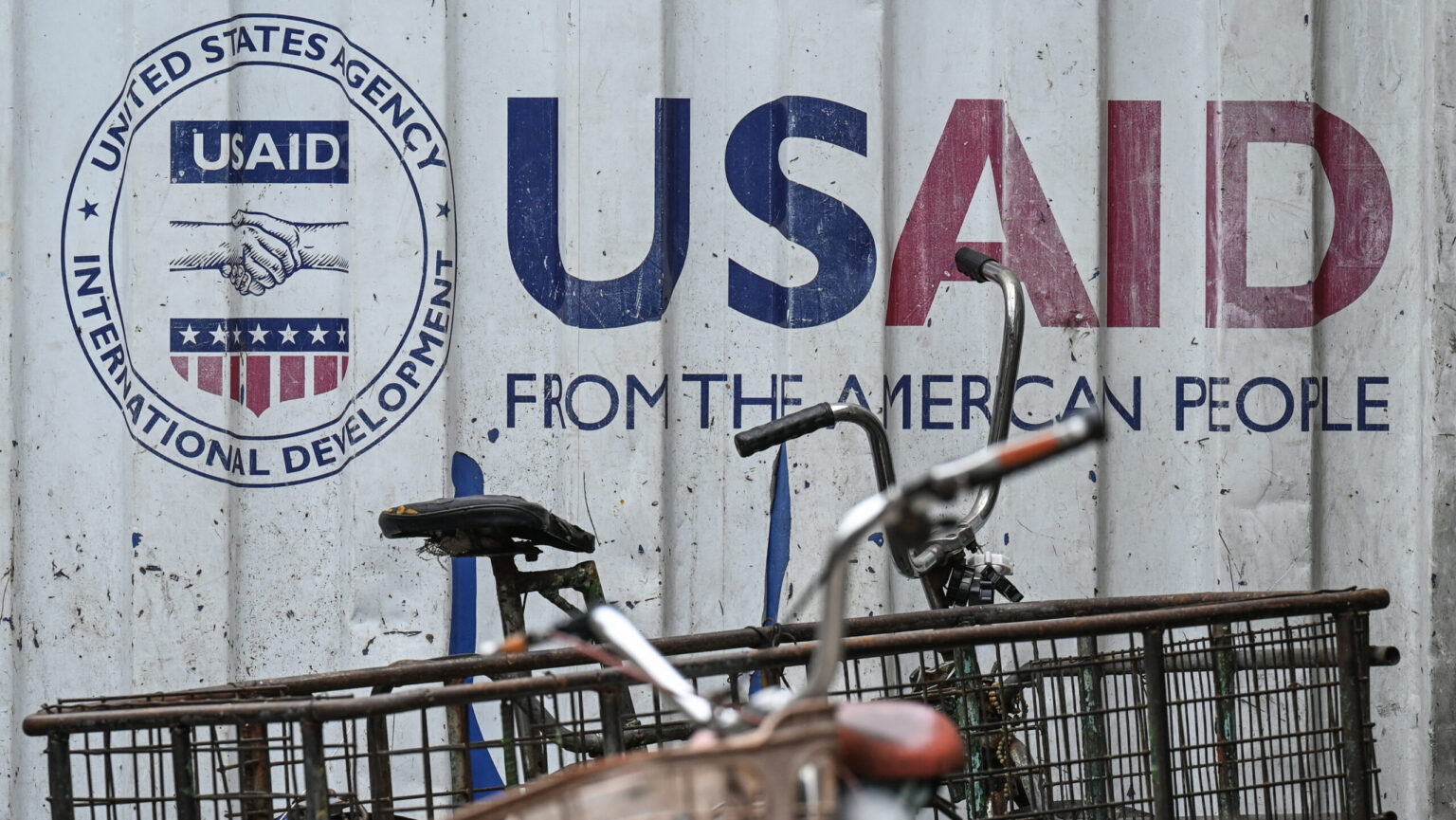
Some of the largest Western mainstream media outlets have been caught red-handed in the growing scandal surrounding USAID, with POLITICO, The New York Times, and others accused of receiving funding from the controversial agency. Hungarian Prime Minister Viktor Orbán expressed his gratitude to US President Donald Trump for ‘uncovering and putting an end’ to USAID’s foreign interference.

‘While trade with Russia is usually condemned in principle, even Ukraine, the victim of Russian aggression, allowed the transit of Russian gas and oil to Europe for economic reasons until a few weeks ago. Politics can never escape economic and geographical realities, and why should Hungary be an exception?’
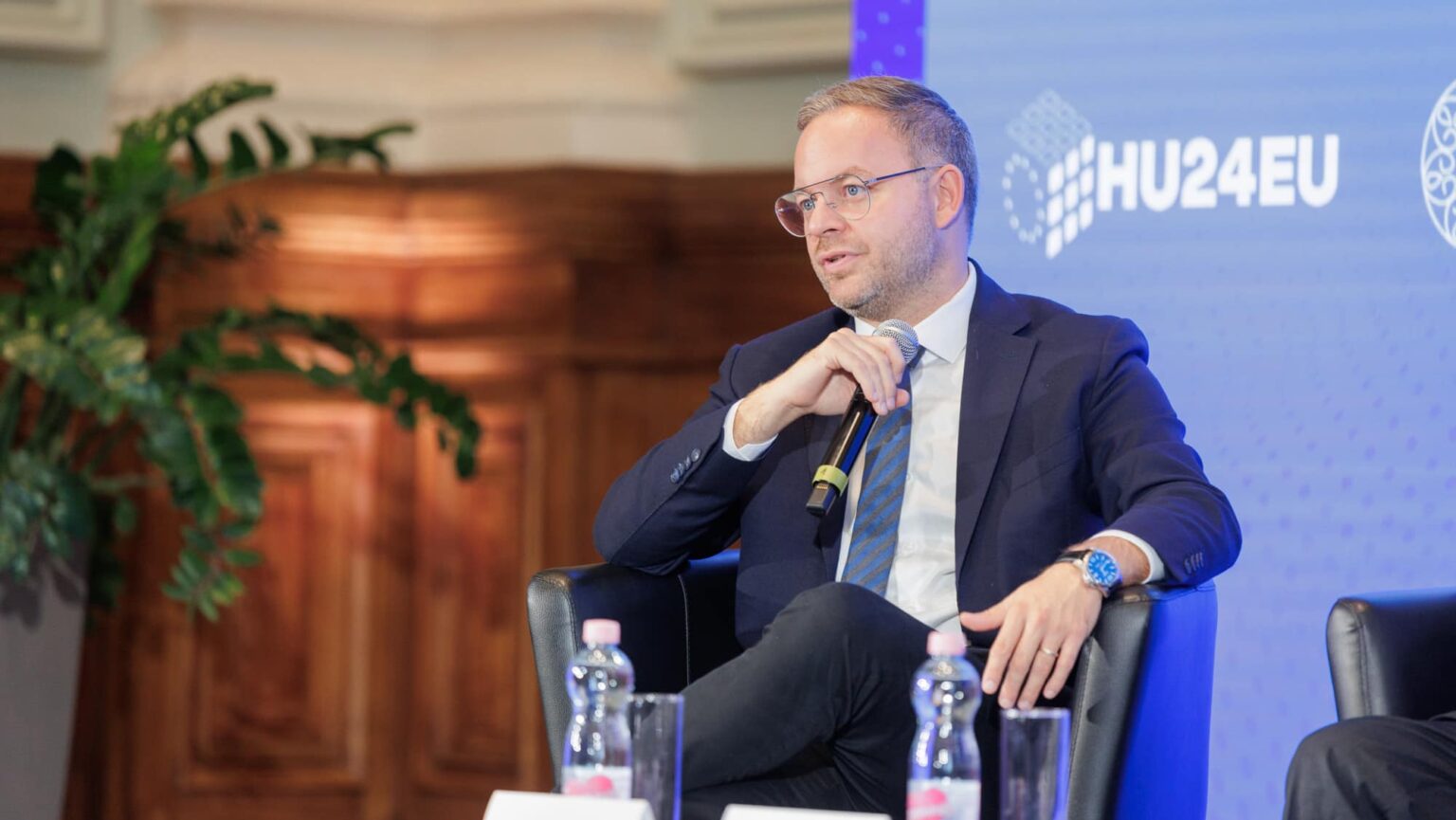
Balázs Orbán pushed back against accusations from the Hungarian opposition outlet Telex regarding the government’s alleged avoidance of giving interviews to such media. In response to Telex’s article, he published the full interview, demonstrating how opposition media use these opportunities to construct narratives that could harm the Hungarian government, ultimately serving certain foreign interests.
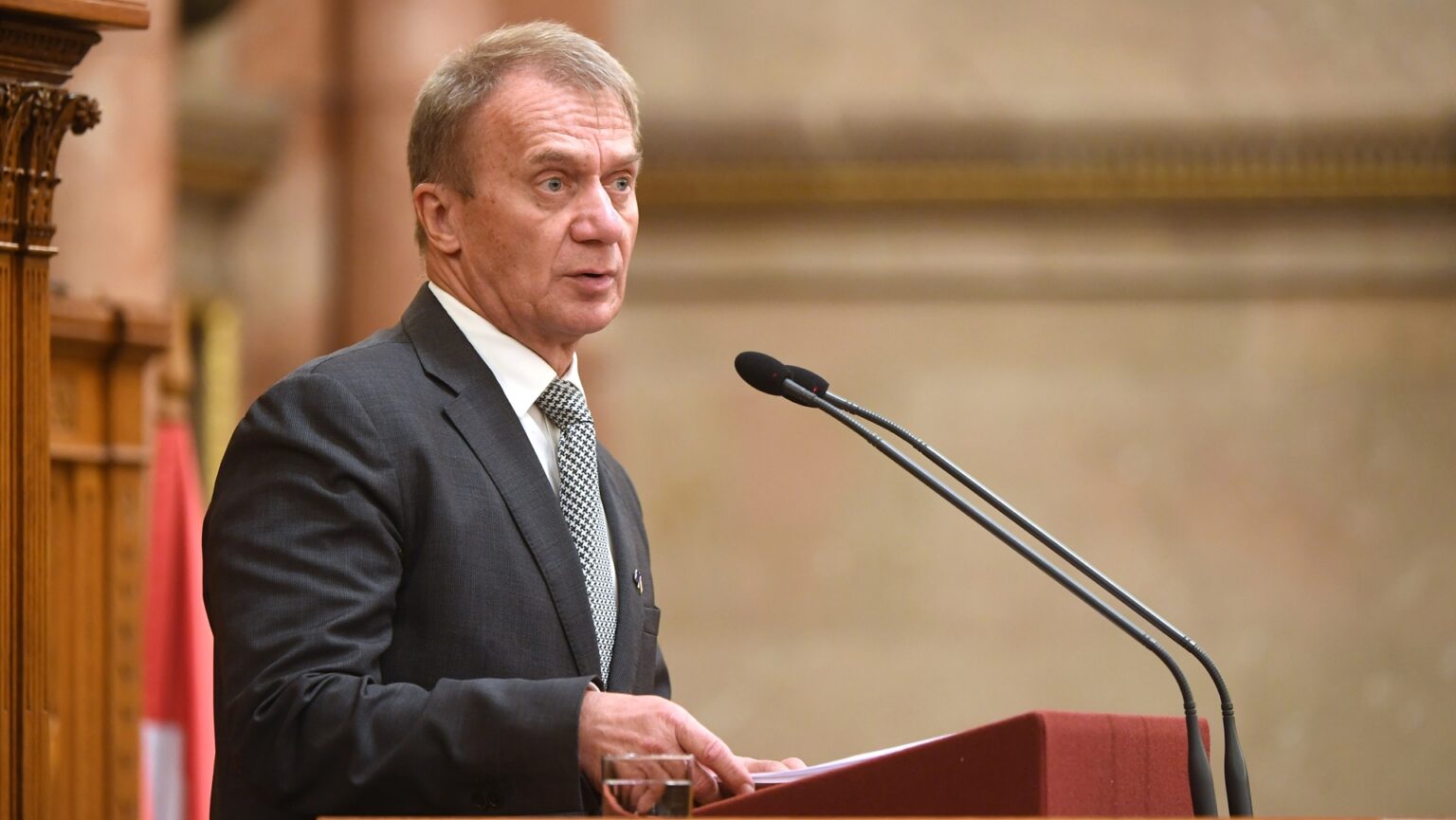
László Varju was convicted of trying to bribe an independent candidate into dropping out to boost his own electoral chances in 2018. He resigned from the Hungarian parliament after his conviction. However, he is also running to fill his own vacant seat in the by-election in March.

US Ambassador to Hungary hopeful Bryan Leib has vowed to hold accountable those who collaborated with David Pressman in his mission to discredit Hungary. ‘Mark my words—actions like this will have serious consequences for all who were involved in this,’ he wrote in a post on X.
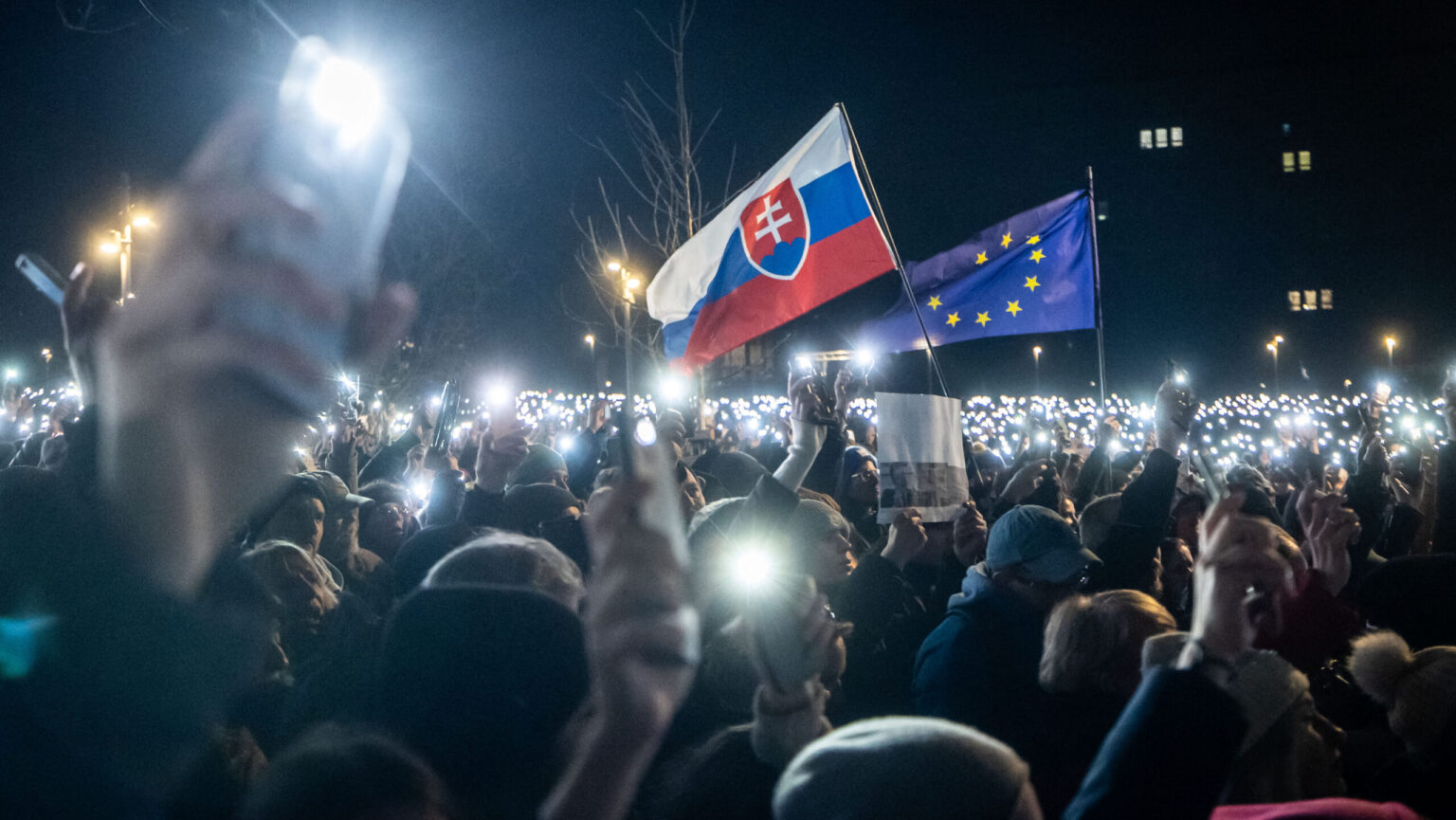
Slovak Prime Minister Robert Fico has accused the opposition, in collaboration with NGOs, of attempting to oust him through a so-called colour revolution—mass demonstrations aimed at toppling the government. A closer look at the organizers of the protests reveals a familiar network with links to George Soros and, unsurprisingly, USAID. A clear regional pattern is emerging, yet Hungary remains unaffected.
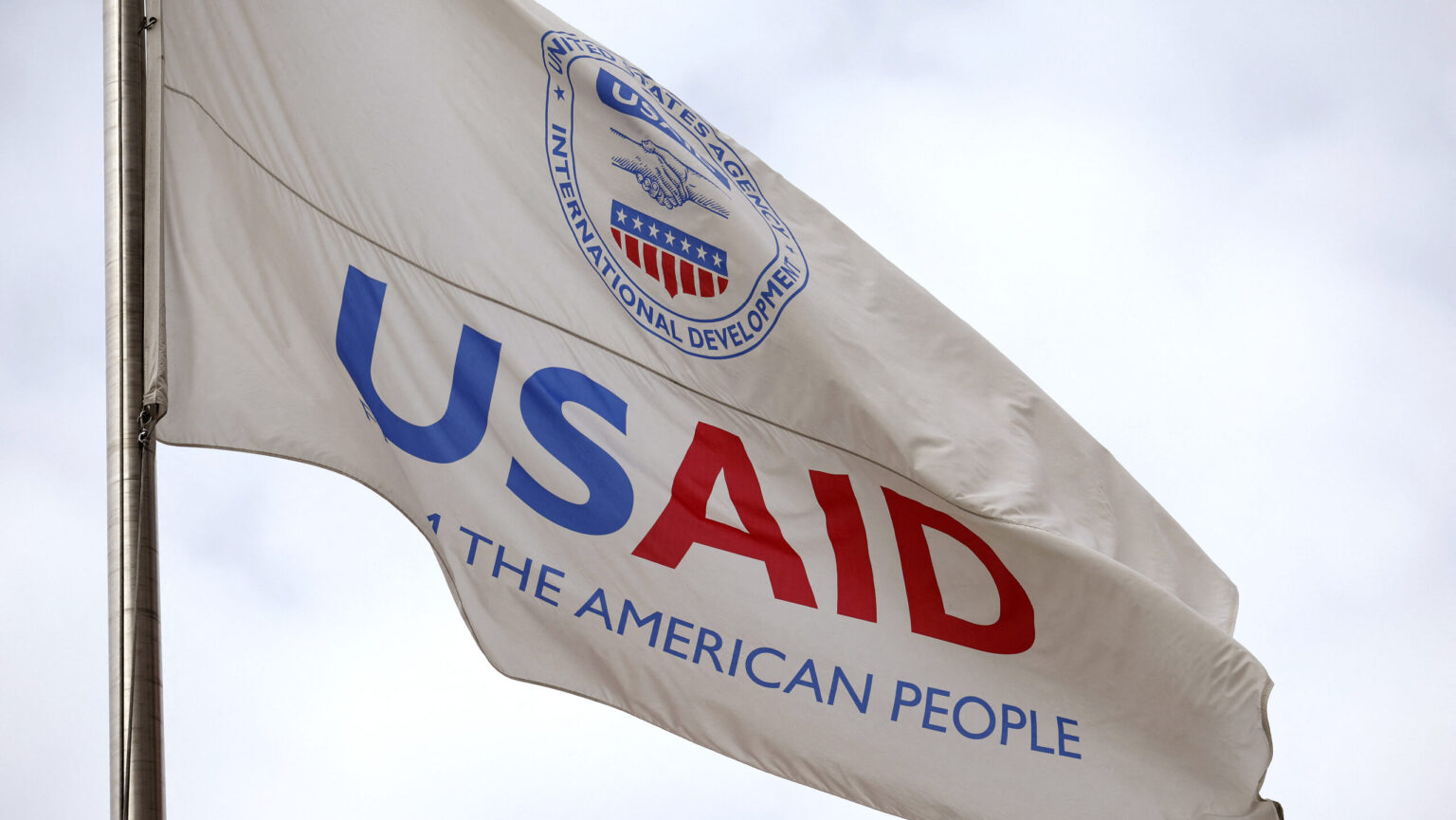
USAID’s slogan ‘From the American people’ has become extremely controversial since Donald Trump’s crackdown on the agency, during which his team exposed its most dubious tactics in promoting a woke, progressive agenda worldwide using millions of US taxpayer dollars. Hungary has also been significantly affected, with government-critical media outlets and NGOs receiving substantial grants.
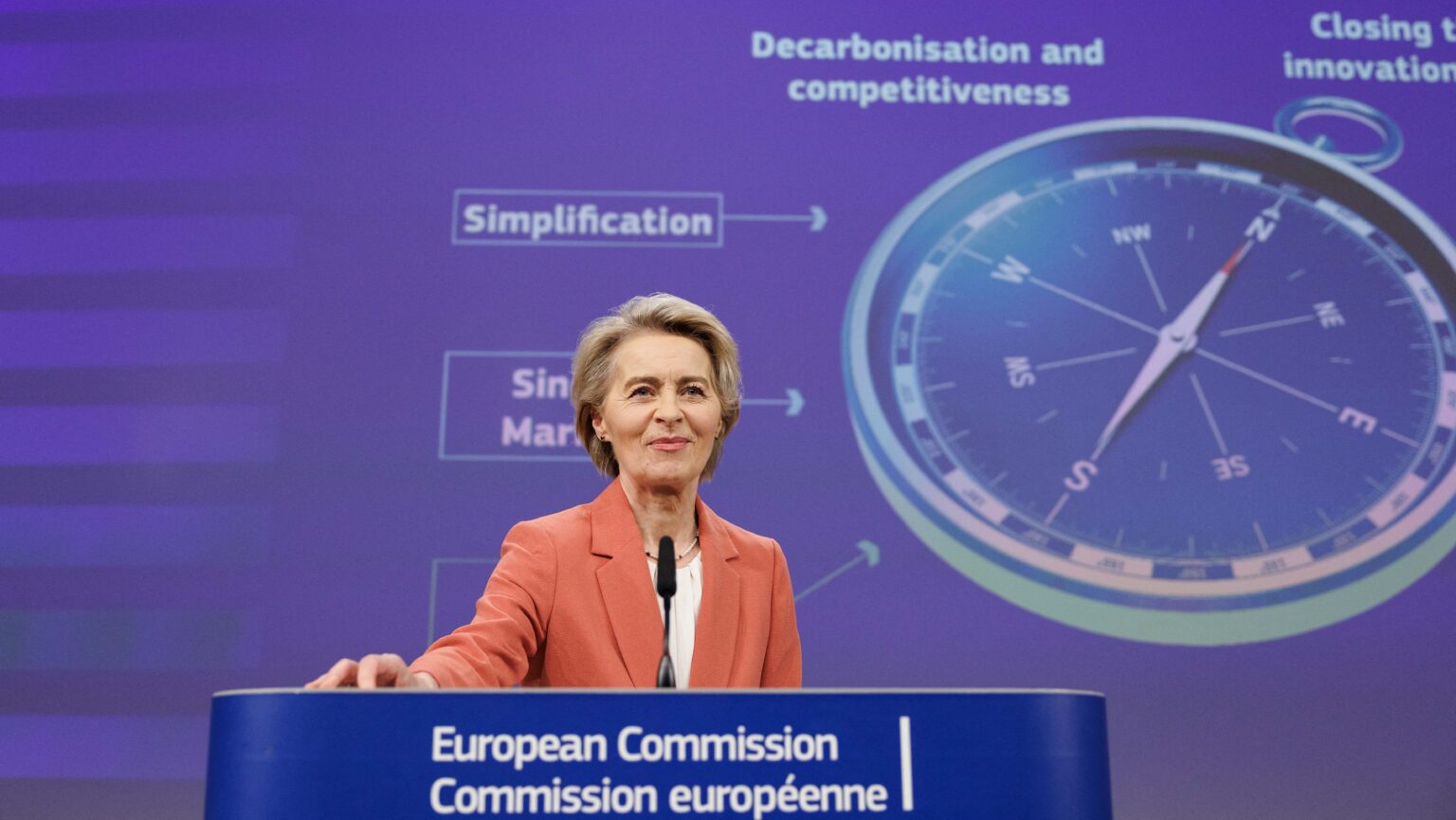
‘Things sometimes get back to normal when they are already in a very bad place…But it seems that, both in its recognition of the need to strengthen competitiveness as an objective and in its sub-objectives, the Commission has moved from the ideological to the pragmatic, and this gives strong hope that the next generation will be able to live in a thriving Europe.’

Hungarian Conservative is a quarterly magazine on contemporary political, philosophical and cultural issues from a conservative perspective.